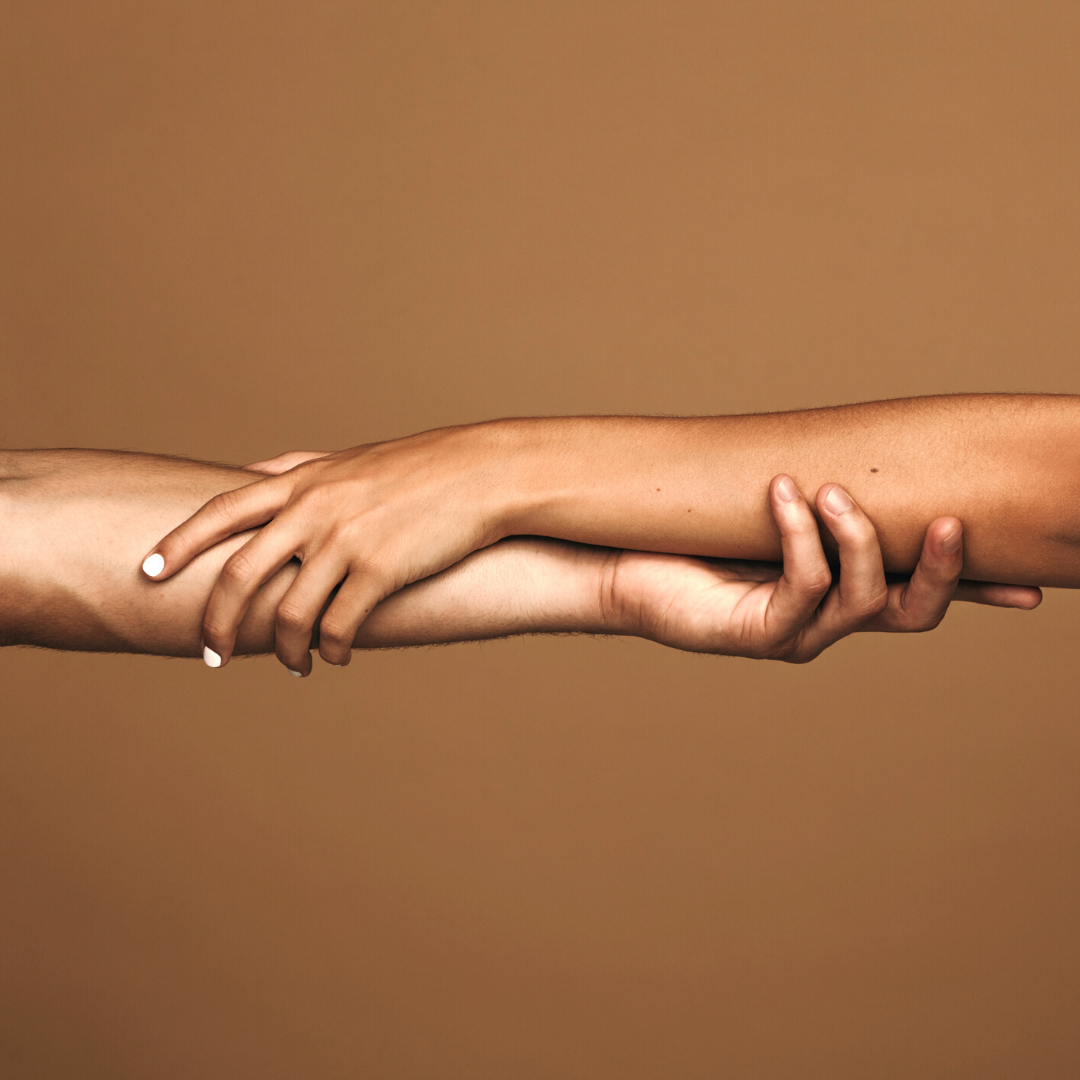
Sarah Guerrero
Sarah Guerrero is a freelance writer and contributor to Slow North. She has a degree in international business from St. Mary’s University in San Antonio, Texas, and writes about sustainable business practices and ethical living.


Like a lot of people, 2020 might have been the year you got woke. Maybe your eyes were opened, you had some (really) uncomfortable conversations for the first time, and you began some of the difficult inner work you realized you’d put off your whole life. Great!
But now the first wave of passion and excitement for anti-racism is over. How do we keep going? How do we live lives that are anti-racist, and not just moments?
Like any other true change, accountability and community are vital. If you’ve dipped your toe in the anti-racist water, I invite you now to find ways to make anti-racism a lifestyle. Some of the most helpful resources for me have been local communities where I can find accountability and continue to learn.
Below are three important questions to ask to check in on yourself and your anti-racism work.
Anti-racism is a journey that requires a lifetime commitment; it’s not a place we’ll arrive or a “woke” badge we can wear, but it’s some of the best work we can do with our lives!

Healing, learning, and taking action in your journey to become anti-racist have to start inside you, but if you don’t find a way to build community around those things, you’ll run out of steam, stop when it gets too difficult, or just burn out altogether.
We need people, and we really need other people who are committed to anti-racism, as well.
You can look for organizations specifically anti-racist organizations, or you can look for organizations that fight racism by working on things like police brutality or finding ways to specifically improve the lives of non-white people.
For example, when I search “organizations that help immigrants in Austin,” I get a result for the Refugee and Immigrant Center for Education and Legal Services (which Slow North supports, BTW!).
Volunteering is a powerful way to build community and learn from others.
If you’re local to Austin, here are a few local anti-racist groups. You can Google anti-racism + your city to find groups in your area!
Remember that racism is deeply isolating; it silos us inside our own thoughts and beliefs. Any way we can push back on this moves us closer to authentic connection to others.

Marriages, friendships, and careers go through ups and downs, and your anti-racism journey will probably be the same way. You can recommit to it and refocus on it the same way you would anything else in your life!
One of my favorite ways to recommit to the work is by plugging in to some great training.
This January, for example, I signed up for a Whiteness 101 online course, and brought my husband and a few friends along for the ride. It was so helpful to have other people to talk to and process with during and after the course, and it was a great way to reup my passion for the work, and come away with new tools to grow and change!
Another way to recommit that I’ve found incredibly effective is via my waller! I set up monthly recurring donations to nonprofits doing anti-racism work. Even when I can only afford very (very) small amounts, I’ve found that a) even a little bit helps and b) if my money’s involved I am 1000x more interested and committed!
It’s a small way I hold myself accountable and maintain my commitment.

The work of anti-racism is exhausting on many levels. It requires a tremendous amount of mental energy and stamina to constantly deconstruct lies about our identity as white people and our beliefs about non-white people, and it’s overwhelming when we finally face the magnitude of the evil of white supremacy and racism.
One of the deepest lies that white supremacy teaches us is that our work and productivity make us worthy.
But the truth is, if we’re going to stay in the game for any amount of time, it’s vital that we learn to care for ourselves well. Rest becomes an act that subverts white supremacy and racism. For me, this means spending time off of social media and being outside, praying, meditating, and journaling.
It also means being “mentored” by those who have come before me, men and women who have spent lifetimes in the trenches working for justice and wholeness for everyone (I do this by reading and buying their books!).
These things become fuel that sends me back into the work, and help me choose love over hate, over and over again.
Featured collection